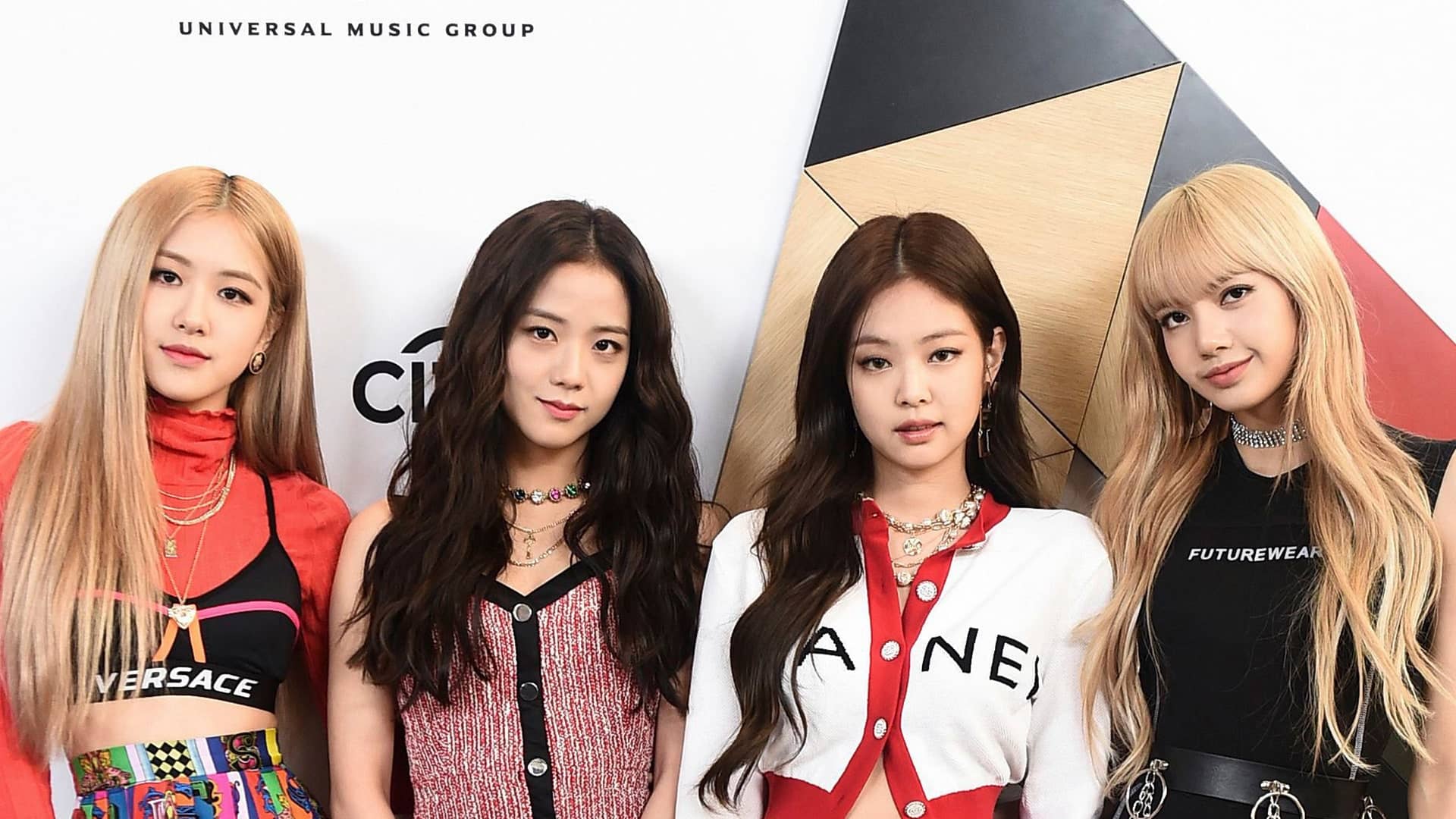North Korean Defectors and K-Pop
North Korean defectors have played a significant role in the K-Pop industry, contributing to its global success. These individuals bring unique perspectives and experiences, often using their platforms to raise awareness about human rights issues in North Korea.
Notable North Korean Defectors in K-Pop
Several North Korean defectors have achieved notable success in the K-Pop industry. One prominent example is Choi Yeon-jun, a member of the popular boy group TXT. Choi defected to South Korea with his family when he was young and has since become a respected artist known for his talent and charisma.
Another notable defector is Lee Ji-eun, better known by her stage name IU. IU is one of the most successful solo artists in K-Pop, known for her powerful vocals and songwriting abilities. She has been vocal about her experiences as a North Korean defector and uses her platform to advocate for human rights in North Korea.
Challenges and Opportunities for Defectors in K-Pop, North korean kpop
North Korean defectors face both challenges and opportunities within the K-Pop industry. One significant challenge is the language barrier, as they often need to learn Korean quickly to succeed. Additionally, they may face discrimination or prejudice due to their background.
However, defectors also have unique opportunities in K-Pop. Their experiences and perspectives can bring a fresh and diverse perspective to the industry, and they often have a strong work ethic and determination to succeed. Furthermore, they can use their platforms to raise awareness about important issues and advocate for change in North Korea.
North Korean Propaganda and K-Pop: North Korean Kpop

North Korea, a country known for its strict censorship and isolationist policies, has found a unique way to infiltrate the global entertainment scene through K-Pop. This strategic move allows North Korea to promote its own agenda while potentially shaping the global perception of K-Pop.
Strategies for Infiltration
North Korea employs various strategies to infiltrate the K-Pop market, including:
- Music Collaboration: North Korea has collaborated with South Korean musicians and producers to create K-Pop-style songs that promote North Korean ideology.
- Cultural Exchange: North Korea has organized cultural exchange programs, inviting K-Pop stars to perform in Pyongyang and showcasing North Korean music and dance to South Korean audiences.
- Online Presence: North Korea has established online platforms, such as the Uriminzokkiri website, to promote its K-Pop-inspired content and disseminate propaganda messages.
Impact on Global Perception
North Korea’s utilization of K-Pop has the potential to impact the global perception of the genre. By associating K-Pop with North Korean propaganda, North Korea could:
- Diminish the Appeal of K-Pop: Negative perceptions of North Korea could lead to a decline in the popularity of K-Pop among international audiences.
- Create Confusion and Distrust: The blurring of lines between K-Pop and North Korean propaganda could create confusion and distrust among fans, potentially damaging the reputation of the genre.
- Influence Political Discourse: The use of K-Pop to promote North Korean ideology could influence political discourse on issues related to North Korea and South Korea.
Cultural Exchange and North Korean K-Pop

North korean kpop – K-Pop has played a significant role in fostering cultural exchange between North and South Korea. The popularity of K-Pop in North Korea has led to increased interest in South Korean culture and a desire for reunification among some North Koreans.
There have been several collaborations between North and South Korean artists. In 2018, a group of North Korean singers performed at a concert in South Korea, and a South Korean pop group performed in North Korea. These collaborations have helped to break down barriers between the two countries and promote understanding.
Potential for Reconciliation and Reunification
K-Pop has the potential to contribute to reconciliation and reunification efforts between North and South Korea. The shared love of K-Pop can help to create a common ground between the two countries and foster a sense of unity. Additionally, K-Pop can help to promote understanding and empathy between North and South Koreans, which is essential for reconciliation and reunification.
Amidst the captivating melodies of North Korean K-pop, the spotlight shifts to the realm of baseball, where a rising star named James Wood emerges. His extraordinary talent on the field echoes the vibrant energy of North Korean music, leaving an indelible mark on the hearts of fans.
As the beat reverberates through the streets, the connection between these two seemingly disparate worlds becomes undeniable, a testament to the boundless power of human expression.
Amidst the rising popularity of North Korean K-pop, it’s worth noting the impact of influential figures like Tim Scott , a renowned advocate for minority rights. His efforts resonate with the plight of North Korean artists seeking to express their talents in a challenging political climate.
As North Korean K-pop continues to captivate global audiences, it serves as a testament to the transformative power of art in overcoming barriers and fostering understanding.